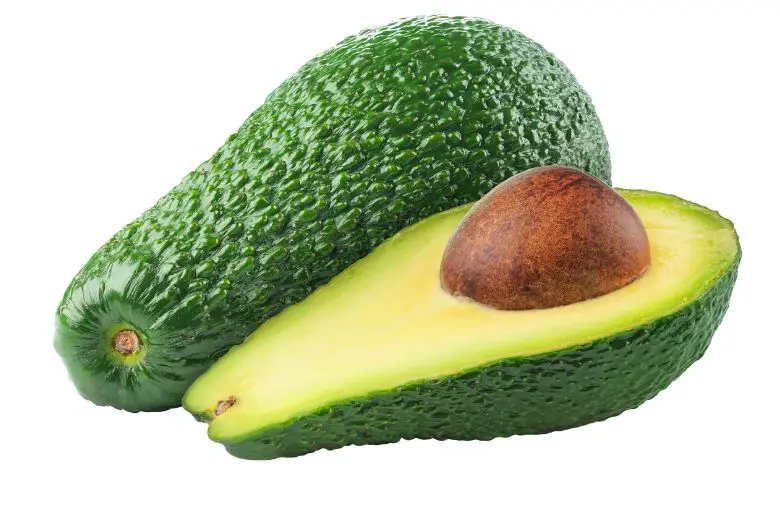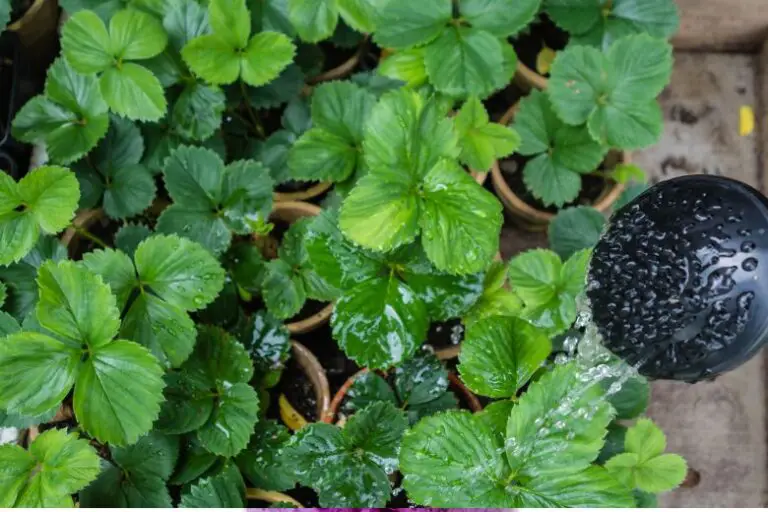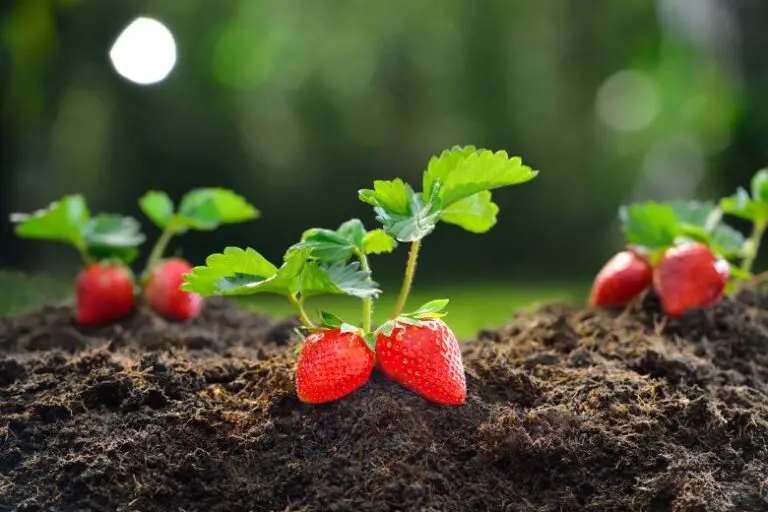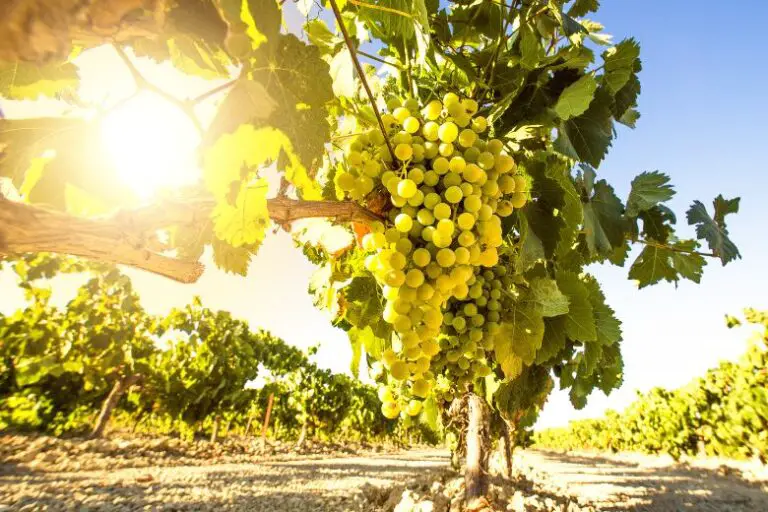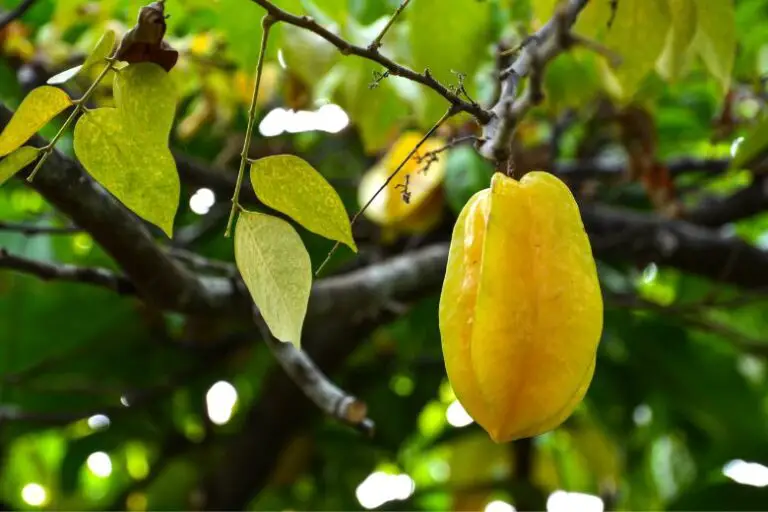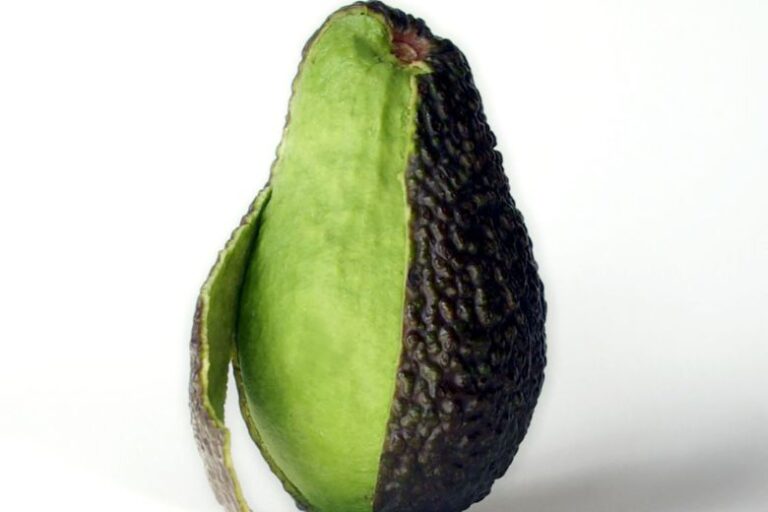Are Avocado Pits Compostable
Avocado pits, also known as avocado stones or seeds, have become a topic of interest in the world of composting. As more people adopt sustainable practices, the question arises: Can avocado pits be composted? In this article, we will explore the compostability of avocado pits, the benefits of composting, and how to incorporate avocado pits into your composting routine.
Introduction
What are avocado pits?
Avocado pits are the large, hard seeds found at the center of an avocado fruit. They are usually discarded after consuming the creamy flesh of the avocado. However, these pits possess certain properties that make them potentially valuable for composting purposes.
Importance of composting
Composting is a natural process of recycling organic materials, such as food waste and yard trimmings, into nutrient-rich soil amendments. It reduces the amount of waste sent to landfills, enriches the soil, and helps maintain a healthy ecosystem.
Purpose of the article
The purpose of this article is to explore the compostability of avocado pits and provide guidance on how to compost them effectively. By understanding the process and benefits of composting avocado pits, individuals can contribute to sustainable waste management and create valuable compost for their gardens.
Understanding composting
Definition of composting
Composting is the controlled decomposition of organic materials by microorganisms, such as bacteria and fungi. It involves the breaking down of organic matter into humus, a nutrient-rich substance that improves soil fertility.
Benefits of composting
Composting offers numerous benefits, including:
- Reducing waste: Composting diverts organic waste from landfills, where it contributes to methane emissions and takes up valuable space.
- Improving soil quality: Compost enriches soil by enhancing its structure, water-holding capacity, and nutrient content.
- Promoting plant growth: The nutrients released during the composting process provide essential elements for healthy plant growth.
- Preventing erosion: Compost helps prevent soil erosion by improving its ability to retain moisture.
Types of composting methods
There are various composting methods, including:
- Backyard composting: This method involves creating a compost pile or using a compost bin in your backyard.
- Vermicomposting: Vermicomposting utilizes earthworms to break down organic waste into compost.
- Bokashi composting: Bokashi is a Japanese method that involves fermenting organic waste using specialized bran and beneficial microor
Composition of avocado pits
Avocado pits are primarily composed of cellulose, lignin, and various minerals. They have a hard outer shell that protects the inner seed.
Decomposition process
The decomposition process of avocado pits can take a considerable amount of time due to their hard and dense nature. The outer shell breaks down slowly, and microbial activity is required to decompose the inner seed.
Factors affecting decomposition
Several factors can influence the decomposition of avocado pits, including:
- Moisture: Adequate moisture levels are necessary for microbial activity and decomposition.
- Temperature: Higher temperatures accelerate decomposition, while colder temperatures slow it down.
- Oxygen: The presence of oxygen promotes aerobic decomposition, which is more efficient.
- Carbon-to-nitrogen ratio: Maintaining the right balance of carbon-rich and nitrogen-rich materials enhances decomposition.
Advantages of composting avocado pits
Nutrient-rich compost
Composting avocado pits can contribute to the production of nutrient-rich compost. The decomposition process releases essential minerals and organic matter, enriching the resulting compost.
Environmental benefits
Composting avocado pits helps reduce waste and minimize the environmental impact of organic waste disposal. By diverting avocado pits from landfills, we can reduce methane emissions and conserve landfill space.
Waste reduction
Composting avocado pits is a proactive way to reduce waste. Instead of discarding the pits as waste, they can be transformed into a valuable resource for the garden.
How to compost avocado pits
Preparing avocado pits for composting
To prepare avocado pits for composting, follow these steps:
- Clean the pits: Remove any remaining avocado flesh by rinsing the pits under water.
- Break down the pits: Avocado pits are hard and dense, so breaking them into smaller pieces will aid in the decomposition process.
Choosing the right composting method
When composting avocado pits, consider the following methods:
- Backyard composting: Incorporate avocado pits into your existing compost pile or bin, ensuring proper carbon-to-nitrogen ratios and moisture levels.
- Vermicomposting: If you have a worm bin, chop the avocado pits into small pieces and add them to the bin. Worms will help break down the pits.
- Bokashi composting: Avocado pits can be added to a bokashi composting system, where they will undergo fermentation.
Composting dos and don’ts
Dos:
- Maintain a balanced carbon-to-nitrogen ratio in your compost pile.
- Turn the compost regularly to provide oxygen and facilitate decomposition.
- Keep the compost moist but not overly wet.
Don’ts:
- Avoid adding diseased avocado pits to the compost pile.
- Do not add large quantities of avocado pits, as they can take longer to decompose.
Common misconceptions about avocado pits composting
Avocado pits in regular compost bins
Some people believe that avocado pits can be composted in regular compost bins. However, due to their slow decomposition process, it’s recommended to break them down and incorporate them into a well-established compost pile.
Timeframe for decomposition
Avocado pits can take anywhere from several months to a year or more to fully decompose. Patience is key when composting avocado pits.
Potential issues with composting avocado pits
While avocado pits can be composted, they may pose some challenges. Their hard outer shell can take longer to break down, and if not properly prepared, they may attract pests. Ensuring the right conditions and preparation methods can help overcome these issues.
Frequently Asked Questions
Can avocado pits be used directly as compost?
No, avocado pits should be composted before use. They require decomposition to release their nutrients and become suitable for use as compost.
How long does it take for avocado pits to decompose?
The decomposition time for avocado pits varies, but it can take several months to a year or more for them to fully decompose.
Can avocado pits attract pests during composting?
If not properly prepared and composted, avocado pits can attract pests. It’s important to break them down and maintain proper composting conditions to minimize pest issues.
Can avocado pits be composted in a small backyard?
Yes, avocado pits can be composted in a small backyard. Consider using a compost bin or a specialized composting method like vermicomposting or bokashi composting.
Can avocado pits be used in vermicomposting?
Yes, avocado pits can be used in vermicomposting. However, it’s advisable to chop them into smaller pieces to aid in the decomposition process.
Conclusion
In conclusion, avocado pits are indeed compostable. While they require patience and proper preparation, composting avocado pits can result in nutrient-rich compost that benefits your garden and reduces waste. By understanding the decomposition process, choosing the right composting method, and dispelling common misconceptions, you can confidently incorporate avocado pits into your composting routine and contribute to a more sustainable future.

